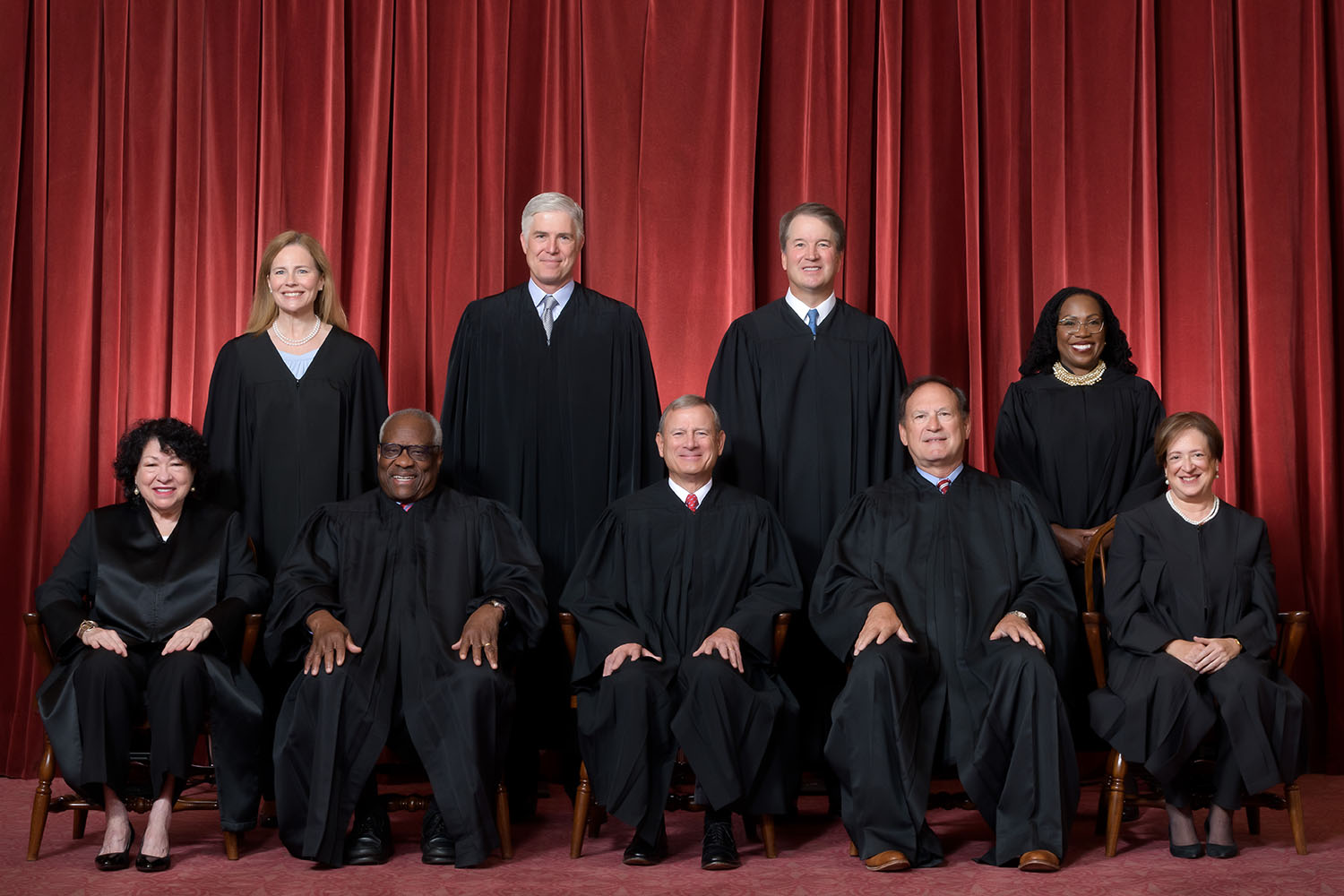
By Dave Workman
Editor-in-Chief
The Second Amendment Foundation and a coalition of 26 state attorneys general plus the Arizona Legislature have submitted separate amicus briefs to the U.S. Supreme Court supporting Smith & Wesson and other companies in a legal battle involving Mexico’s claim the American gun manufacturer can be held liable for violent crime in that country.
Mexico has filed a lawsuit against the S&W and five other gun companies, with help from U.S. gun control proponents. According to The Trace, “Attorney Jonathan Lowy, whose group Global Action on Gun Violence is representing Mexico in the suit.”
Lowy previously worked for the Brady Center to Prevent Gun Violence, The Trace noted.
Both amicus briefs point to protections from such lawsuits which are provided by the Protection of Lawful Commerce in Arms Act (PLCAA), passed by Congress and signed by then-President George W. Bush nearly 20 years ago.
SAF Executive Director Adam Kraut notes that in his organization’s brief, SAF explains that “allowing Mexico to prevail in suing firearm manufacturers for the criminal acts of third parties defies logic and would embolden a new round of lawfare against industry members. Ultimately, these lawsuits would drive many manufacturers out of business and potentially impose requirements on firearm designs that have been rejected by Americans. In the end, it is the American citizen who would suffer, as their choices for arms would be limited to the few surviving manufacturers. The Second Amendment is meaningless without the ability to acquire arms.”
At the same time, the coalition of attorneys general, led by Montana Attorney General Austin Knudsen, argue in their brief that if a lower court ruling favoring Mexico is allowed to stand “Americans’ Second Amendment rights could be threatened.”
“In the petition,” according to statement from Knudsen’s office, “Attorney General Knudsen asks the Supreme Court of the United States (SCOTUS) to correct a lower court’s ruling in Smith & Wesson Brands, Inc., et.al., v. Mexico to keep other nations, like Mexico, from using American courts to limit the rights of American citizens.”
SAF notes in its brief the Mexican government’s demand for literally billions of dollars in damages is exactly the kind of thing the PLCAA was designed to block.
“American firearms manufacturers should not and do not have to answer for the actions of criminals, as established by the commonsense federal Protection of Lawful Commerce in Arms Act. Mexico’s bad policies created the country’s gun violence problem,” Knudsen said in a prepared statement. “Rather than take responsibility, Mexico and anti-gun activists are trying to blame and bankrupt American companies that follow the law. The appeals court erred in their decision and the Supreme Court needs to correct it.”
Attorneys general from Alabama, Alaska, Arkansas, Florida, Georgia, Idaho, Indiana, Iowa, Kansas, Kentucky, Louisiana, Mississippi, Missouri, Nebraska, New Hampshire, North Dakota, Oklahoma, South Carolina, South Dakota, Tennessee, Texas, Utah, Virginia, West Virginia, and Wyoming, along with the Arizona Legislature joined the brief.
“Mexico could simply close—indeed, militarize—its border with the United States if it chose to do so,” the AGs’ brief states. “Doubtless the closure would be painful, and Mexico has chosen to do otherwise. Indeed, Mexico has flung its border open and sought to extort billions of dollars from the United States to even attempt to manage the resulting chaos. Mexico should not be permitted to exert de facto control over the rights of American citizens to alleviate the consequences of its own policy choices.”
Knudsen and his colleagues argue the high court must review this case else it would result in “a foreign nation’s use of American courts to effectively limit the rights of American citizens.”
Mexico filed its $10 billion lawsuit in 2021 against S&W, Ruger, Beretta, Barrett Firearms, Colt and Glock. The District Court sided with the gun manufacturers, and Chief Judge Frank Dennis Saylor IV, a George W. Bush appointee, dismissed the case. However, the First U.S. Circuit Court of Appeals in Boston reversed and allowed the lawsuit to continue.



